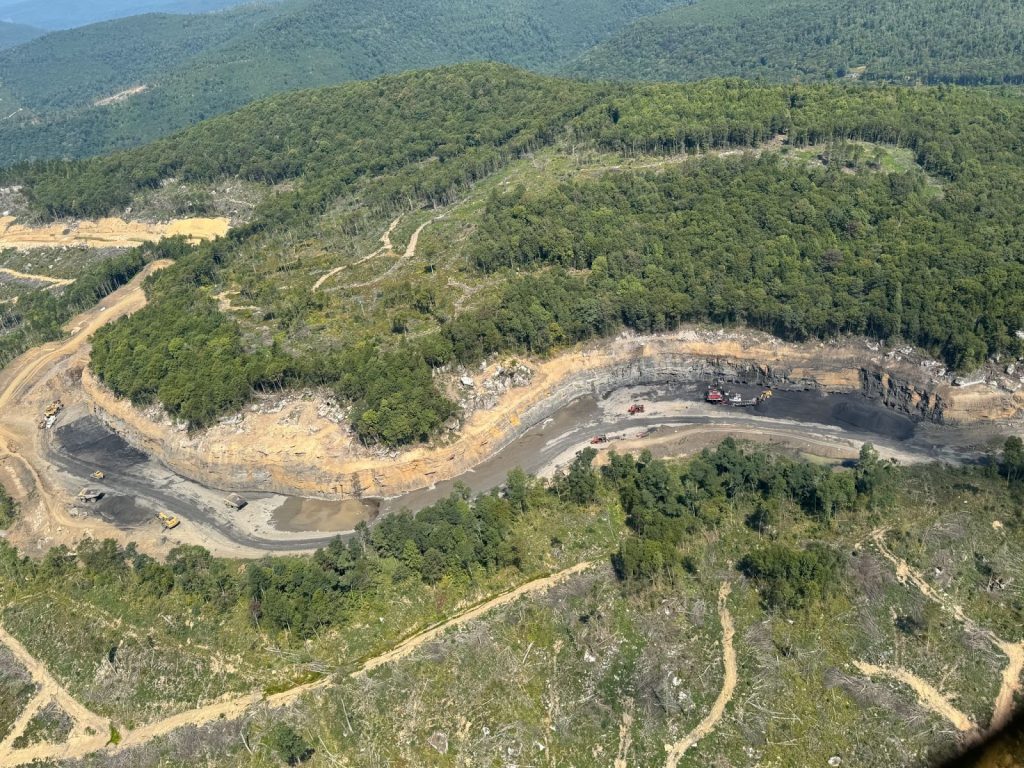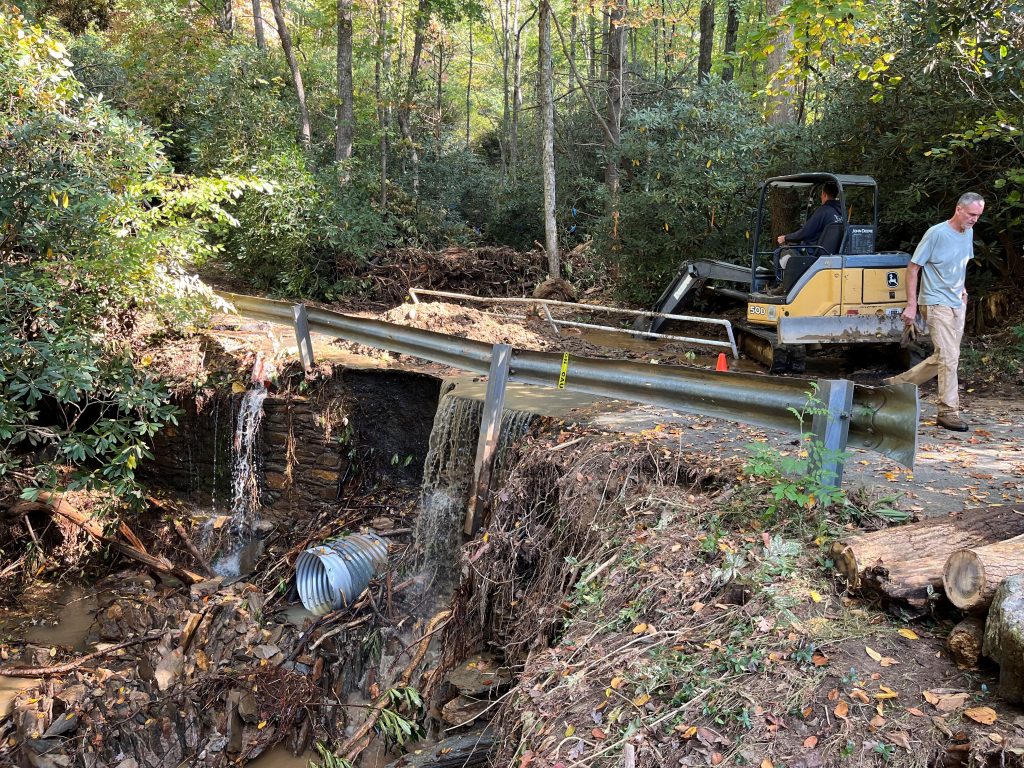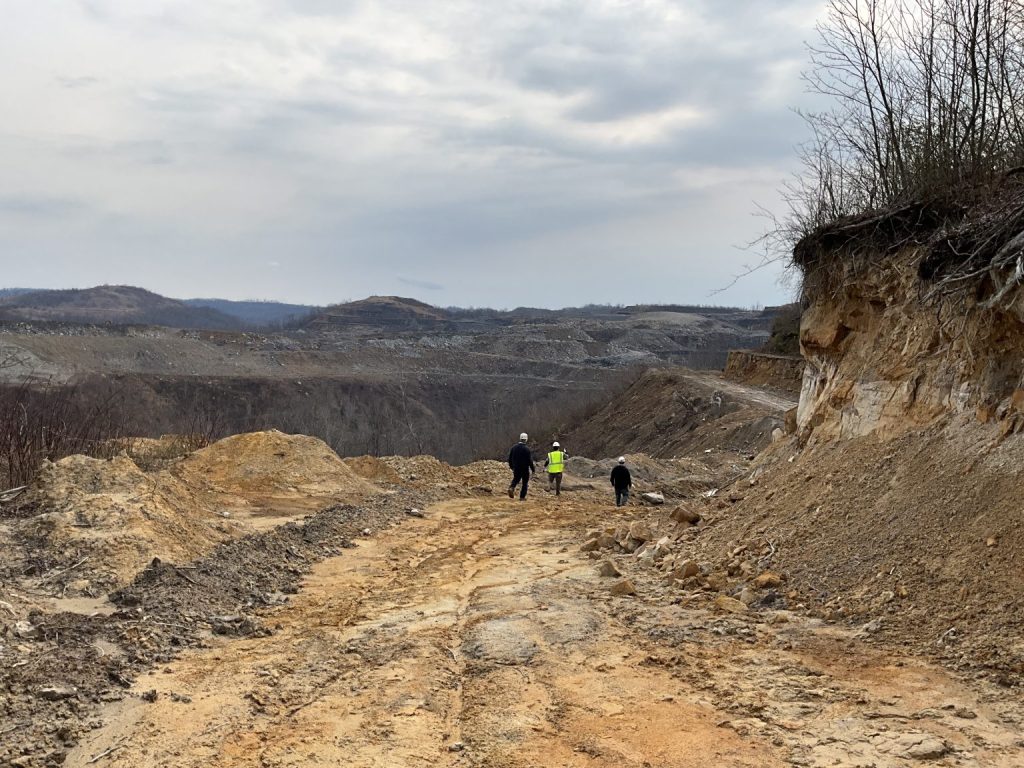Cleaning Up Coal Ash
For well over a century, power plants across the country have burned coal to generate electricity. And for just as long, leftover coal ash has been dumped in open, unlined pits near the power plant, usually located on a river or lake. Every year, U.S. power plants produce 130 million tons of coal ash, which is the second largest waste stream in the country after municipal garbage.
Coal ash concentrates the toxic heavy metals found in coal, including arsenic, mercury, lead and selenium. Stored in unlined, wet impoundments, coal ash has been leaking these toxics into our groundwater and surface waters for years. Sometimes these impoundments collapse — with disastrous results.
Yet government regulations for coal ash management are either non-existent or sparse, and there is little enforcement of the regulations that do exist. In North Carolina, this lack of oversight — and the complicity between state regulators, elected officials and Duke Energy — came to a boiling point in February 2014 when one of Duke’s coal ash impoundments spilled 39 million tons of ash into the Dan River.
Citizens living near North Carolina’s 33 coal ash impoundments — all of which have leaked — have fought for transparency from Duke and the state, and for cleanup of the pollution that threatens their property value, health and family. Their actions forced this issue into the headlines of news networks and to the forefront of environmental justice conversations in the United States.
Appalachian Voices stood with these communities as we worked for years to compel Duke Energy and the N.C. Department of Environmental Quality to excavate coal ash from all the North Carolina sites and dispose of it either in lined, dry landfills, away from waterways, or by recycling it for concrete or other uses, provided it’s done in a manner that protects public health and the environment.
On Jan. 2, 2020, North Carolina announced a historic settlement with one of the state’s most powerful corporations and polluters, Duke Energy. The settlement requires Duke to move nearly 80 million tons of toxic coal ash at six of its power plants to properly lined landfills onsite or recycle it.

Learn information about specific coal ash impoundments in the South, including health threats and safety ratings:
Additional Resources
Fact sheets, videos, links to academic research, and more
Sign Up to Act
Help us protect the health of our communities and waterways.
Latest News
Trump expected to rescind programs established to support struggling coal and power plant communities
FOR IMMEDIATE RELEASEJanuary 20, 2025 CONTACTDan Radmacher, Appalachian…
Appalachian Voices welcomes Andie Waugh as the Stewards Energy Communities VISTA
Appalachian Voices has selected Andie Waugh, a recent North Carolina State University graduate, to serve as the Stewards Individual Placements Energy Communities AmeriCorps Volunteer In Service To America in the role of Solar Project Coordinator.
Federal regulators issue notice to DEP for failing to enforce environmental protections at Greenbrier County coal mines
A notice issued by federal coal mining regulators outlines the West Virginia Department of Environmental Protection’s failures to address persistent problems at a set of South Fork Coal Company mines and directs state regulators to address the issues and report back.
Community efforts to repair private roads and bridges underway in NC, hopeful for FEMA funding
Hurricane Helene washed out or damaged thousands of private roads, driveways and bridges in late September across multiple states, but many families are still waiting for help to rebuild access to their homes.
West Virginia DEP Suspends Bluestone Coal’s Mining Permit for Poca Surface Mine
West Virginia regulators suspended the mining permit for a Bluestone Coal surface mine in Wyoming County that is operated by the family of Sen. Jim Justice.
Make your home energy efficient to save money by lowering your power bills!
You can soften the blow of ApCo’s rate increases by making a plan to improve the energy efficiency of your home and taking advantage of the tax incentives currently available.











